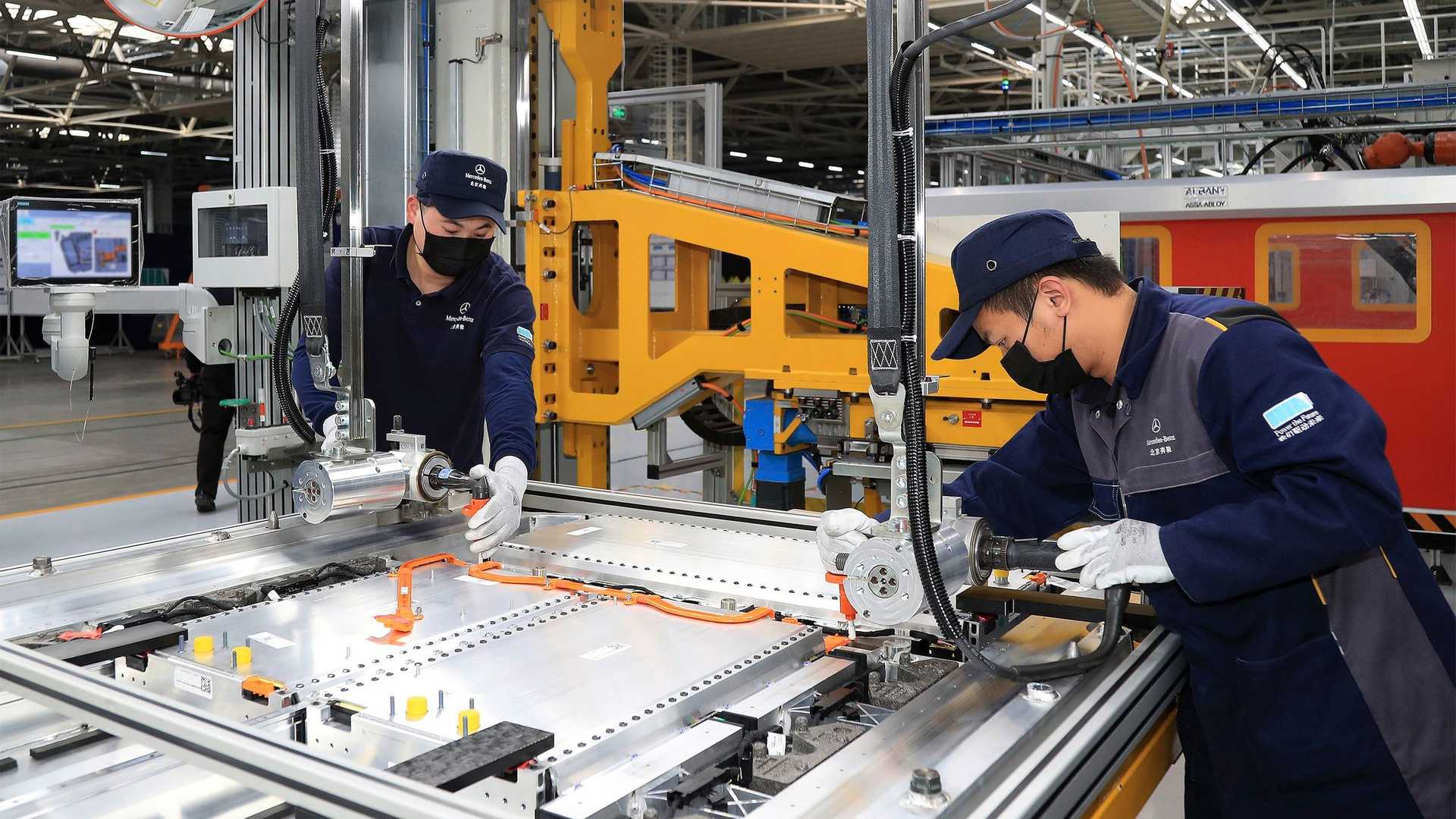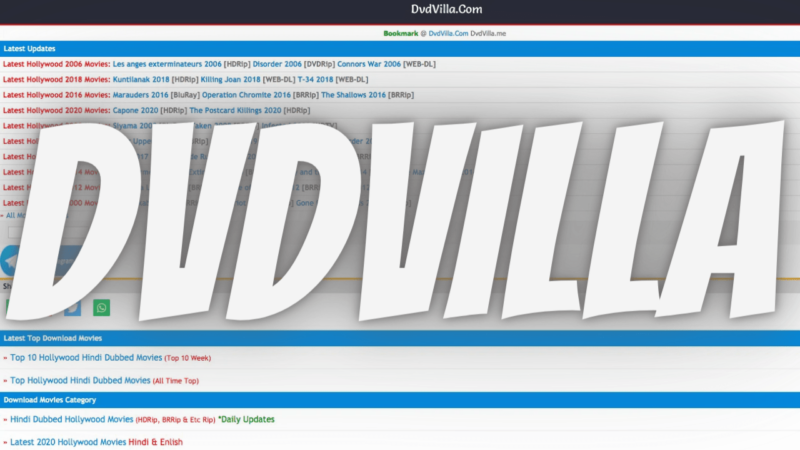Challenges faced by lithium ion battery recycling companies and their remedies

Electric-powered scooters, motorcycles, trucks, and even bikes have led to an exponential increase in the demand for lithium ion batteries. Serving as a source of energy, lithium ion batteries are manufactured by an extensive range of companies using important earth metals and minerals. The recent increase in demand for energy for powering up homes and vehicles has led to an increase in the pressure for the production of more and more batteries. However, continuous construction and depression of important minerals have led to a disruption in the supply of important raw materials necessary for the production of lithium ion batteries. Therefore, recycling old lithium ion batteries can serve as the best alternate option to meet the ever-increasing demand for power.
The process of recycling lithium and batteries as used by special lithium recycling companies helps in getting access to the important earth minerals and metals. These include manganese, copper, cobalt, manganese, nickel, and various other important metals that are limited in quantities. Moreover, the impact on the environment of extracting these metals for the production of new lithium ion batteries is reduced to a great extent as well. Lithium ion battery recycling serves as the best and most reliable option that can help in protecting the environment. The overall demand for necessary minerals can be easily met through recycling as well. However, there are certain hurdles that such lithium-ion recycling companies face. These hurdles affect the objective of recycling old batteries and creating a roadblock in the overall process. These are as listed below:
1. Environmental concerns:
The traditional process of recycling old lithium-ion batteries for extracting the important driver of metals like cobalt and manganese is considered environmentally degrading. The amount of CO2 and SO2 emissions from recycling old batteries are almost equal to the production of new lithium ion batteries. The overall process of recycling involves the use of high temperatures and smelting processes that can prove toxic to the environment. However, there are specialized companies engaged in renewing and improving the overall process of recycling old batteries. The environmental concerns associated with the extraction of important metals, Black mass, and other by-products from recycling old batteries can be addressed through better research and development in the process of recycling.
2. Financial concerns:
Lithium ion battery recycling involves spending huge financial resources as well. Companies engaged in recycling lithium ion batteries have to spend huge financial resources to set up dedicated plants and processes for recycling. Special smelting plants and necessary resources are required that can help in recycling old batteries and therefore extract important metals and minerals from the same. Limited access to funds and greater dependency on financial resources create a roadblock for such companies and therefore affect the process of lithium battery recycling.
3. Economic and governmental concerns:
Lithium ion battery recycling companies are also affected by economic and governmental roadblocks. There are no specific policies associated with recycling lithium ion batteries. Moreover, there is almost no backing or support from the government that can benefit such companies. Without any kind of financial or economic support from the government, companies have to make use of their available knowledge, technology, and resources for funding their operations for recycling. This in turn affects such companies and therefore the overall process of recycling. The supply cannot be matched with the overall demand for lithium ion batteries.
After mentioning all the challenges the dedicated companies face for lithium ion battery recycling, we have listed certain steps and suggestions that can help lithium ion battery recycling companies. Various concerns associated with preserving the environment and access to required funds can be handled through such steps:
1. Financial support:
Access to requisite funds for setting up smelting plants and handling the overall process of lithium-ion battery recycling is the first step toward helping recycling companies. Proper financial support from the government can help companies exponentially. Dedicatedly formations in various policies, access to requisite funds as well as a decrease in the interest rates of loans can help recycling companies. All the necessary resources concerned with recycling old batteries and extraction of needed materials must be provided to the companies.
2. Research and development:
Proper research and development is another great way that can help resolve the environmental concerns concerned with recycling lithium batteries. Proper up gradation and enhancement in the process of recycling through continuous research is a necessity. Specialized companies have developed a patented zero waste zero emission-based recycling process for lithium ion batteries. Such processes can help in the extraction of all the important metals without degrading the environment in any way. Better and more reliable ways of recycling must be developed that can help in preserving the environment. Automation can also be employed as a way for the easy recovery of important minerals and metals. The cost and effort associated with human effort for recycling can be reduced exponentially.
3. Support from the government and policy reformations:
Proper policy creation and re-formation is another welcome step that can help recycling companies. Government support in terms of access to funds like reduction in the interest on bank loans and easy approval process may prove beneficial. Greater support in terms of the benefits of recycling lithium ion batteries is another way of attracting more and more companies.
Lithium ion battery recycling can serve as the best way for meeting the greater demand for energy and power. Recycling and reusing lithium ion batteries can help companies in getting access to all the necessary by-products and resources which in turn benefits the environment. The supply chain associated with making available necessary raw materials for the production of lithium ion batteries is not disrupted in any way. Though companies face certain challenges in car battery recycling, various improvements in terms of better access to financial support and research and development can help in handling such concerns. With the growing energy demand, the recycling of lithium ion batteries has become more of a necessity. With proper research and development and support from the government, all the necessary concerns can be handled with great efficiency.






